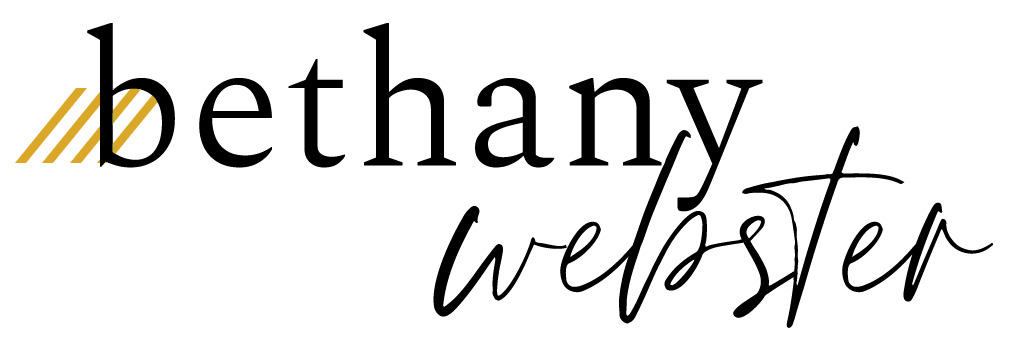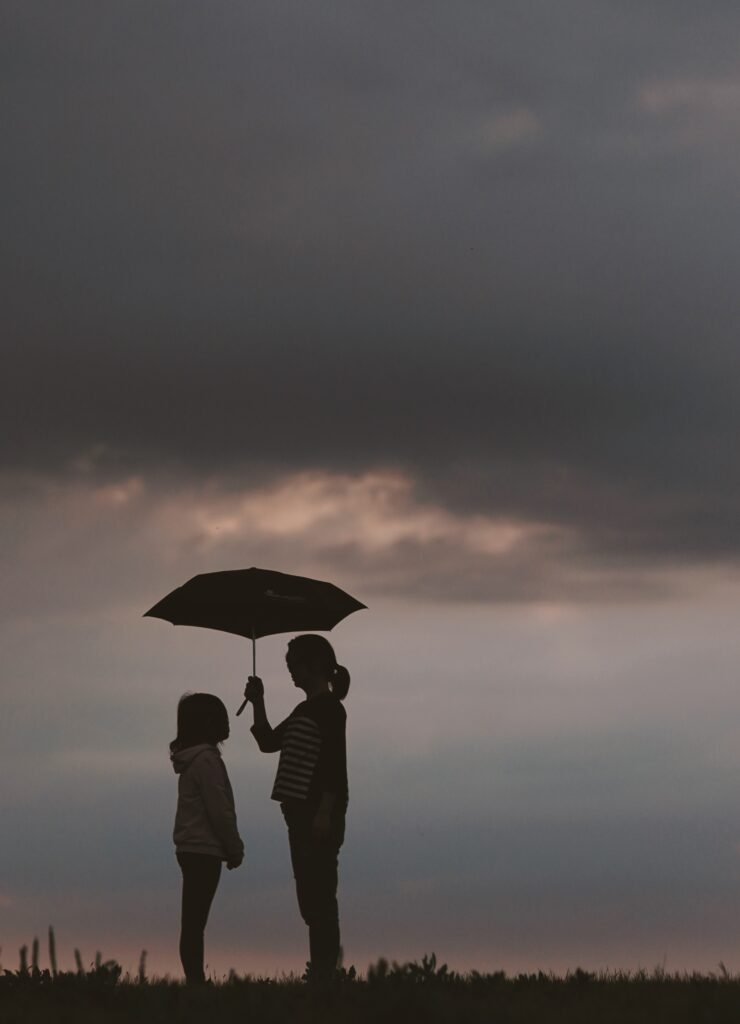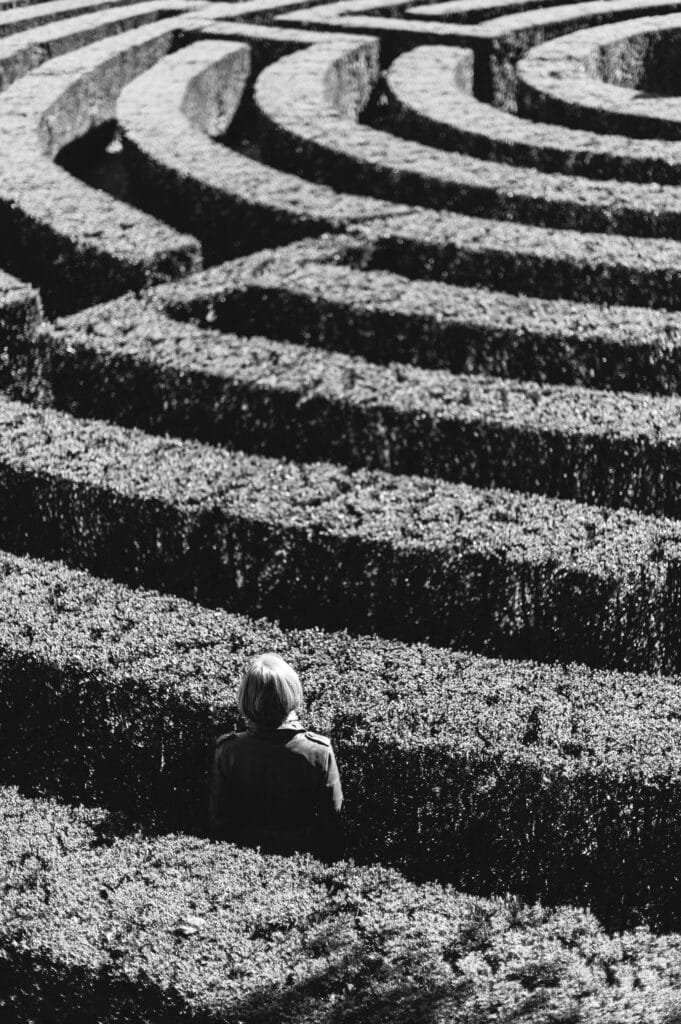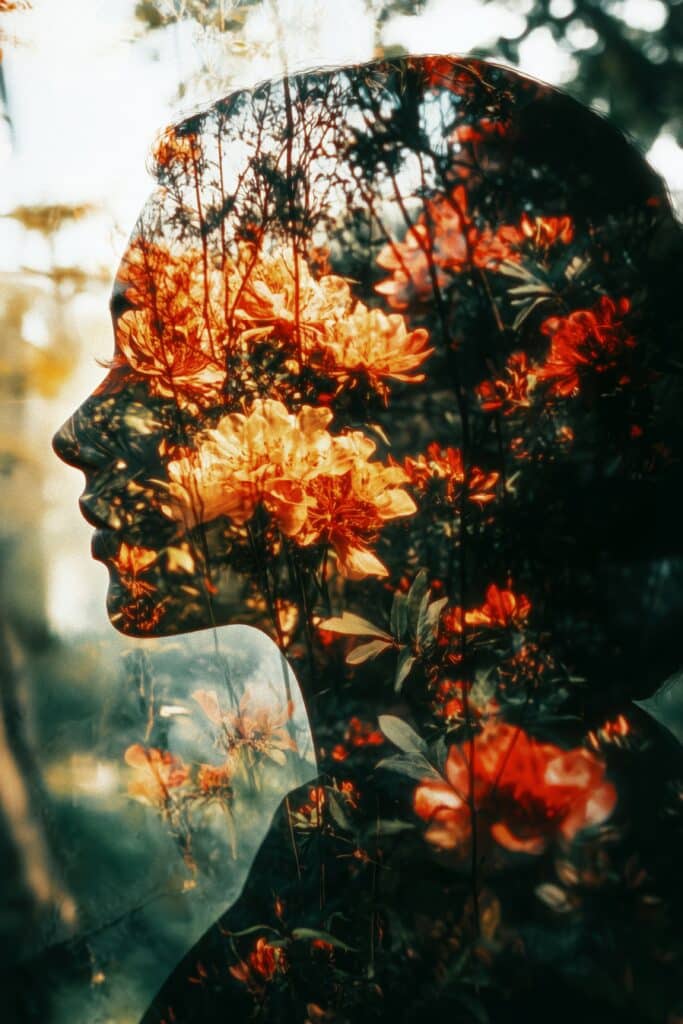A Love That Protects: The Path from Self-Betrayal to Self-Belonging
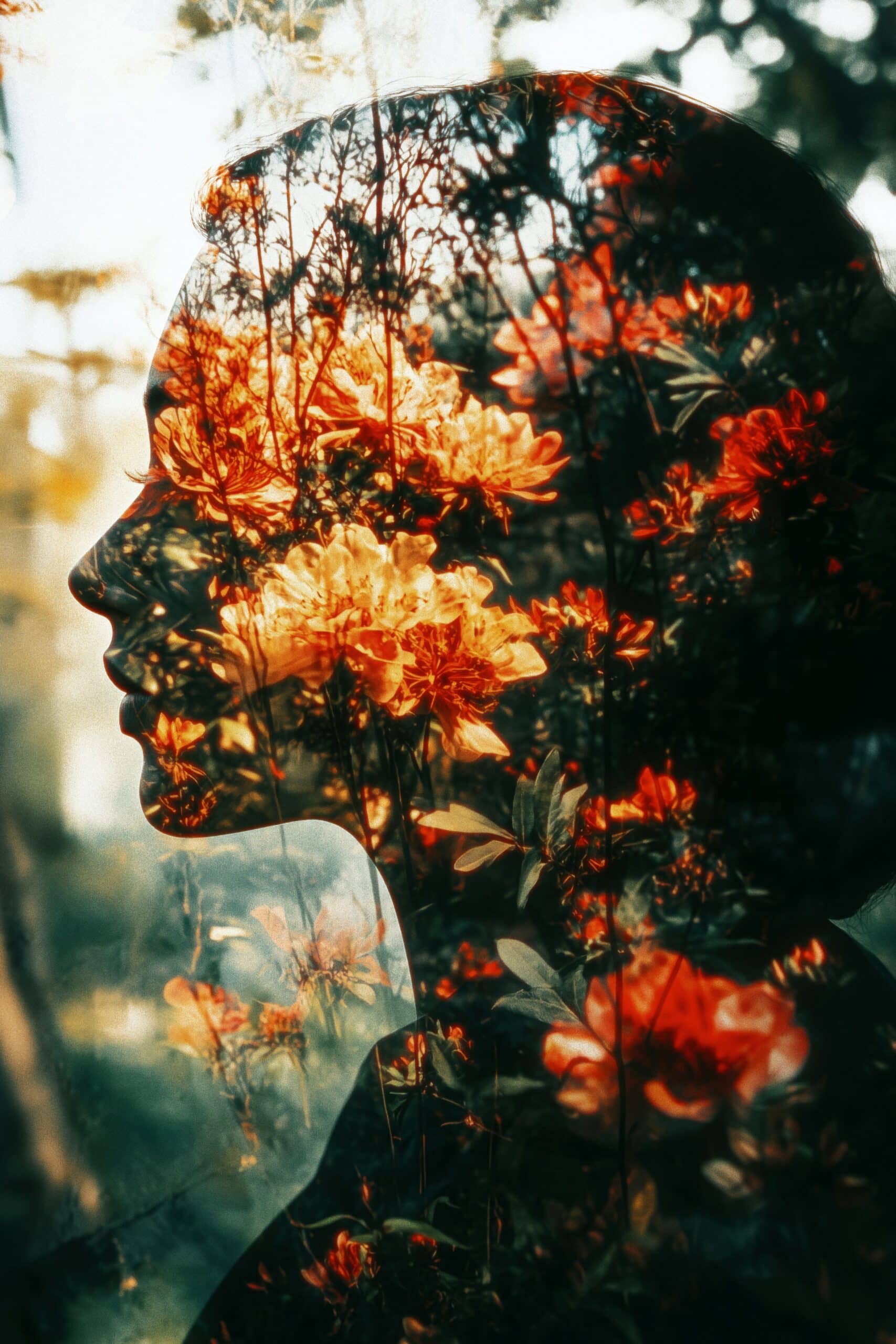
Breaking the Spell: Redefining What It Means to Be “Good”
I’ve been reflecting on something I think many women will understand in their bones: how we were taught—explicitly and implicitly—that being subservient, compliant, and agreeable wasn’t just good behavior. It was goodness itself.
We were told that yielding was loving. That silence in the face of harm was noble. That suppressing our needs, swallowing our pain, and excusing abuse was what it meant to be a good daughter, a good woman, a good person.
It’s a deeply insidious trap.
As children, we had no choice but to idealize our caregivers—even when they hurt us. If our mothers neglected or abused us emotionally or physically, we coped by internalizing the idea that minimizing that abuse was love. That being quiet, appeasing, and endlessly forgiving was a virtue.
We believed that if we just made ourselves smaller, more accommodating, more invisible, one day the love we longed for would come. That our silence would be rewarded.
This conditioning is reinforced everywhere—through religion, culture, school systems, and media. We are groomed to prioritize harmony over truth, politeness over boundaries, obedience over self-trust. Many of us were rewarded for fawning, punished for speaking up.
And when attachment becomes intertwined with abuse, we are left emotionally paralyzed—unable to protect ourselves, let alone others.
Many of us had parents who were themselves unhealed children in adult bodies—lacking the maturity, insight, or emotional capacity to be the safe, nurturing guides we needed. Some were enmeshed in their own traumas, addictions, or patterns of denial. Others became perpetrators of harm. Some were both.
For me, this reality was stark. I saw both my parents reenacting the dynamics of patriarchal wounding. My father—subservient and sycophantic to men in power—was simultaneously violent at home, channeling his pain onto the most innocent. My mother, emotionally manipulative and narcissistic, wielded power through gaslighting and manipulation. It was a house of mirrors: distorted love, twisted roles, no true safety.
And yet, like many children, I learned to call it love.
This is what I call the impossible dream—the hope that if we just keep appeasing, just try harder, just be better, we’ll finally be safe. Be seen. Be loved.
But it never comes. Because appeasement does not lead to respect. Subservience does not earn safety. And silence does not heal trauma.
The “Good Girl” Must Die So the Woman Can Rise
What we’re seeing now—on the global stage—is this same dynamic playing out at scale. The cult-like loyalty to narcissistic leaders. The inability to name abuse. The fawning, the denial, the paralysis.
These are not random. They are the unhealed echoes of childhood trauma acting out in public life.
This moment in history is calling us to break the cycle. To see clearly. To name harm. And to redefine what it means to be good.
Being morally good is not about being passive, pleasant, or easy to be around. It’s about being whole. And wholeness includes the capacity to speak up, to say no, to walk away, to resist, to protect yourself and others.
We must upgrade our understanding of virtue to include the courage to push back, to set boundaries, and to self-advocate—even if it means facing backlash, rejection, or discomfort. Especially then.
Healing the Mother Wound is a critical piece of this. Because our mothers were often our first and most powerful models of womanhood—of how to survive in a patriarchal world. Some were the patriarchal parent themselves (power-over). Others were the enabler (power-under). Either way, many of us absorbed their wounds unconsciously, from infancy.
When we heal the Mother Wound, we reclaim our voice, our agency, and our authentic self. We stop outsourcing our worth. We learn to mother ourselves—with fierce love, protection, and care. And from that grounded place, we become more able to advocate for others, respect their boundaries, and co-create healthier, more just relationships and communities.
The way we show up in our personal lives is political.
If we can’t name harm in our own families, we won’t be able to name it on the world stage.
Healing the Mother Wound is not just personal—it’s revolutionary.
You can’t rescue anyone else until you’ve learned to rescue yourself. That is your sacred responsibility. And also your liberation.
This is not a quick fix. It’s a slow, steady reclamation. But you don’t have to do it alone.
From now until May 14th, I’m offering 20% off my premier course, Healing the Mother Wound, which has already supported thousands of women worldwide on this exact journey.
This work will not erase the pain of your past. But it will help you integrate it. Transform it. Use it as fuel for growth, clarity, and powerful self-leadership.
The world doesn’t need more good girls. It needs whole women. Sovereign women. Women who know that love without boundaries is not love—and that true goodness requires the courage to protect what is sacred, starting with ourselves.
Are you ready to break the cycle? Then now is the time to start.
Use the code MOTHER20 at checkout to get this 20% discount which ends on May 14th.
